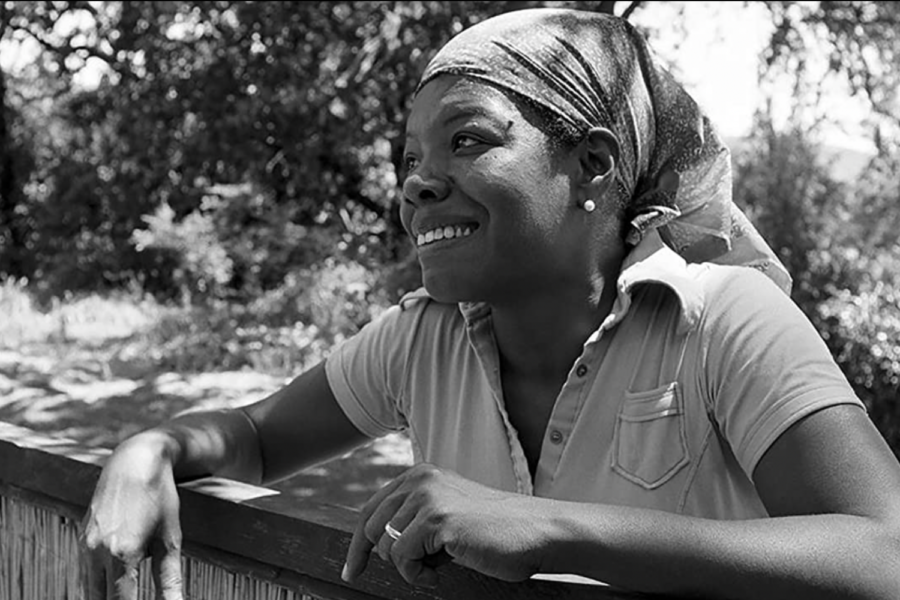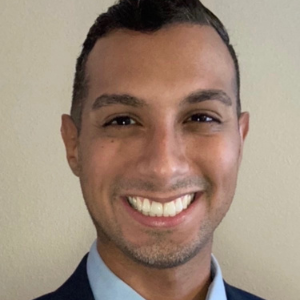REVIEW: ‘Maya Angelou: And StilI l Rise’
City College to host a virtual screening of award-winning feature documentary showcasing the life of master extraordinaire, Maya Angelou
February 25, 2022
Maya Angelou once stopped speaking for a period of five years beginning at the age of seven.
She had been raped, and the man who sexually assaulted her said not to speak of it to anyone, but the young Angelou did.
Then, her rapist was murdered shortly after a one-day jail sentence.
“My 7-year-old logic told me that my voice had killed a man. So I stopped speaking for five years,” Angelou said in the 2017 Peabody Award-winning documentary “Maya Angelou: And Still I Rise.”
The documentary’s title is partially borrowed from a book of poetry that Angelou authored, “And Still I Rise.” It masterfully uses recorded interviews, speeches, performances and recited poems— by Angelou herself— to provide tribute and honor her remarkable life.
Testimonials and reflections of many admirers of her work are also included.
In the years that Angelou had muted herself, she read literature found in libraries from Black and white schools, and studied the diverse works by writers from the distant past, Angelou said in the documentary.
Books opened her mind to the ignorance that surrounded her, and poetry was the art form that served as the key that unlocked a young Angelou from her silence.
“I had a lot to say,” Angelou said in the documentary of the time when she finally broke her silence.
“We have made tremendous gains. Not nearly as much as we want to. If I had the power, I would make everybody an African American. At least for a week,” Angelou said in the documentary to an auditorium full of listeners.
She was referring to the difficulties that Black people experience, while existing in the ideology of a white person’s society both in past and present day. Angelou explained in the documentary that she was not ashamed of being a black woman and was proud of her people and history.
“The best thing she ever said to me was, you are enough,” Oprah Winfrey said in the documentary. “Her (Angelou’s) understanding of that for herself and being able to impart that through her work and her words to our culture is that each of us, just the way we’re born, just with the gifts we have to offer, you alone are enough.”
She was a highly masterful and talented individual who expressed herself through art in a multitude of ways. Angelou danced, sang, performed on and off stage, and was a writer.
"When someone shows you who they are, believe them the first time." #MayaAngelou pic.twitter.com/5vaYeATRBn
— Maya Angelou (@DrMayaAngelou) January 6, 2022
Angelou believed that there was power in forgiveness, peace, equality and in the one thing that made every person the same, humanity. She ensured that these beliefs, along with her lifelong experiences of joy, pain, sorrow and discrimination were reflected in her long list of work.
“Get your work done, study, put it in the brain. This machine (the brain) will do anything for you, anything,” Angelou said in the documentary.
San Diego City College will host the virtual screening of “Maya Angelou: And Still I Rise,” beginning at 6 p.m. on Feb. 25. To access the event click here.











